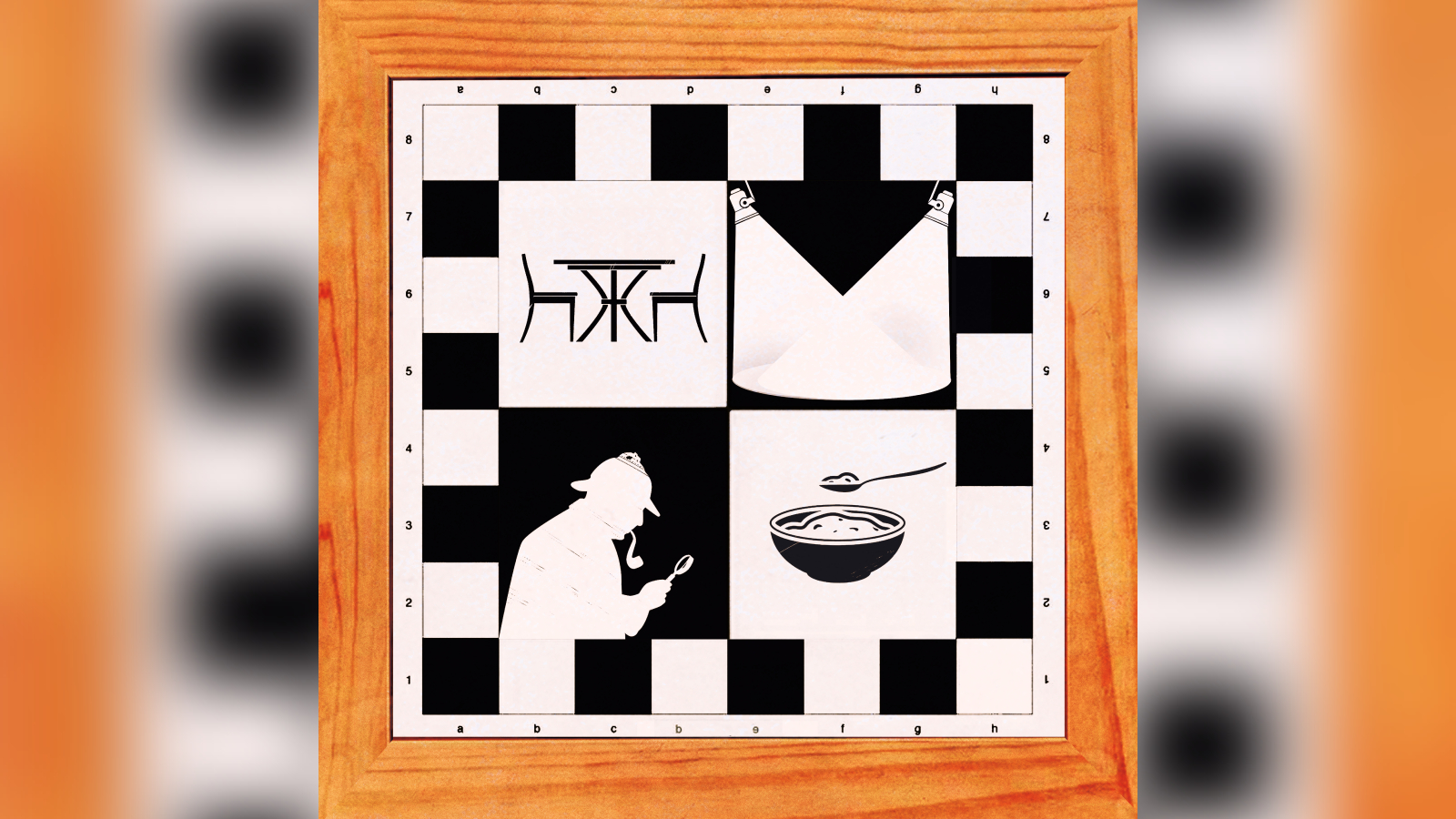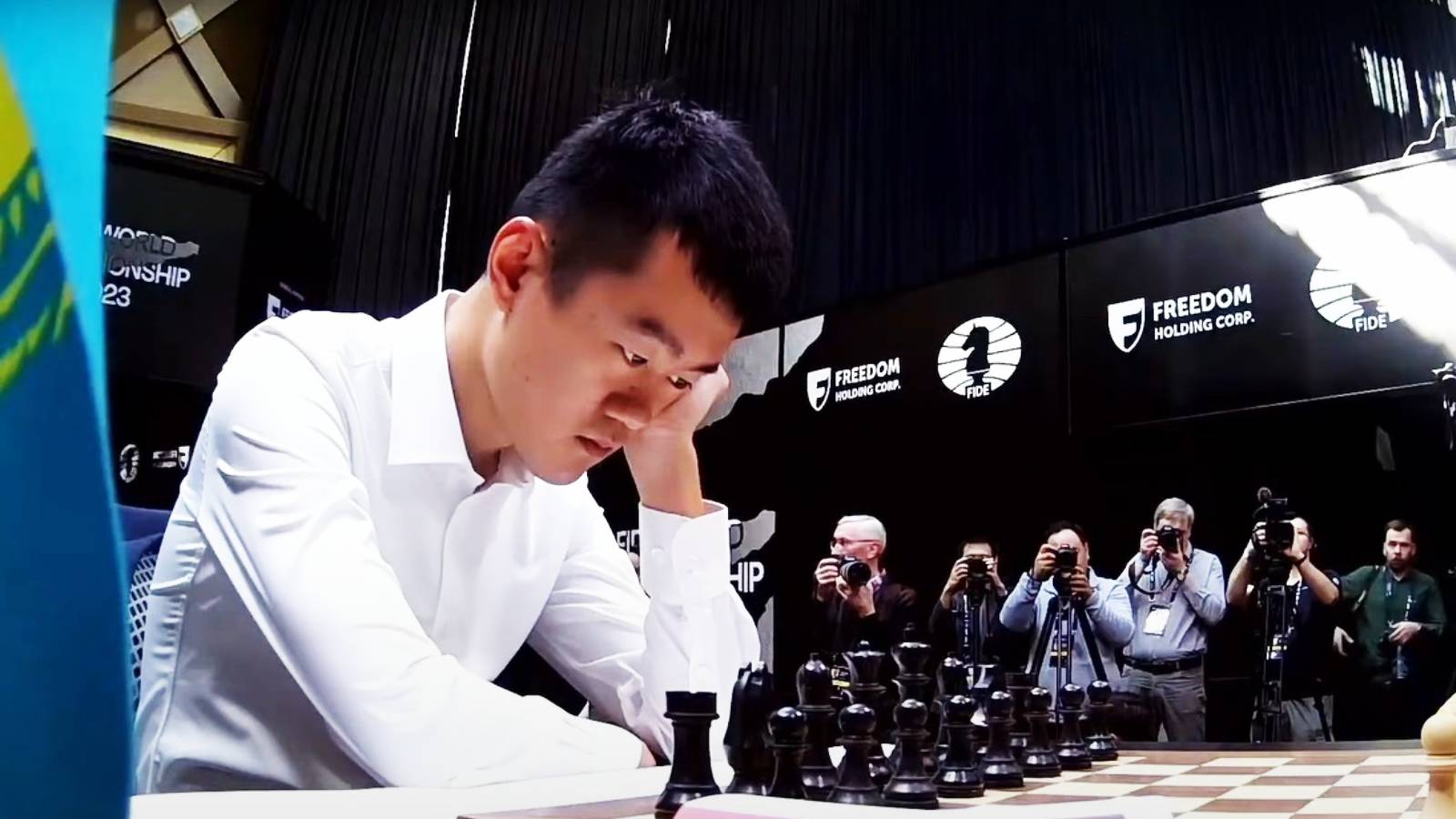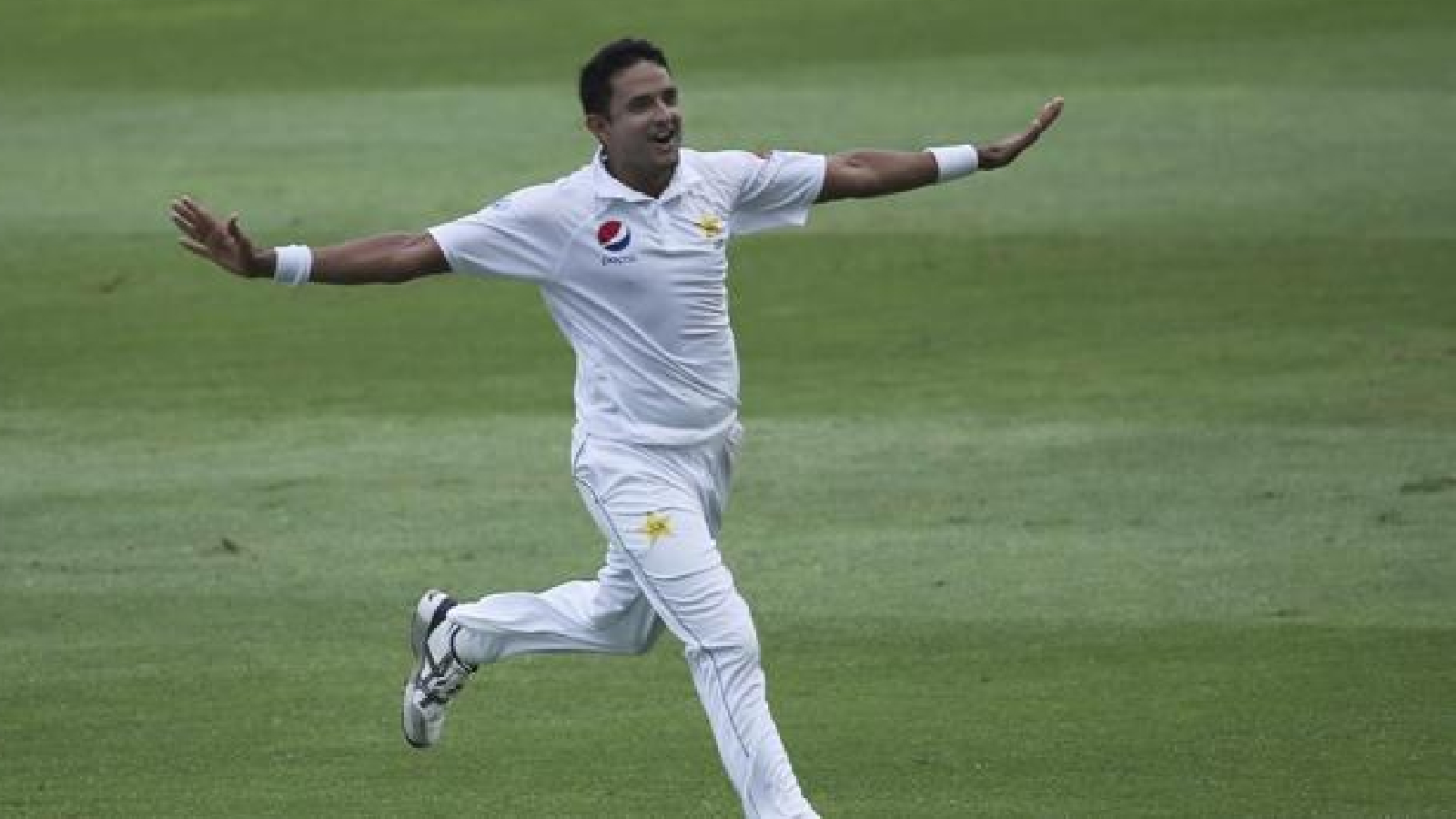Bobby Fischer was working on strengthening his grip. The American iconoclast was gearing up for a battle of the minds with Boris Spassky in a clash billed ‘The Match of The Century’. But as much as Fischer was focused on mentally outsmarting the Soviet Union’s champion, he also wanted to physically impose his will. He wanted Spassky to feel his power when they shook hands before the game.
So, besides training like a high-performance athlete — with swimming sessions and riding stationary bikes — Fischer wanted to strengthen his grip.
The world thinks that at the World Chess Championship, nothing matters but the two men sitting across each other on the board. But men like Fischer will tell you that when the stakes are at their highest, everything matters. The number of trips your opponent makes to the toilet. The colour of the yoghurt your opponent is eating. The kind of people your opponent is hanging out with. Nothing is too trivial a detail with everything on the line.
So Fischer spent the first game of the 1972 World Championship raising protests about the noise from the TV cameras almost 150 feet away from the chessboard.
Then the Soviet Union camp got into the act, raising suspicions about the chairs the contestants were sitting on. They were wired, the Soviets alleged. Their man, they complained, was being destabilised by some devious conspiracy by the American delegation.
The organisers had to summon a chemist and an electronics engineer. Air samples were checked. The lights in the playing hall were inspected. Scrapings were taken from the chair and inspected using gas chromatography. The chairs were taken apart and x-rayed. The organisers found two dead flies in one of them.
The history of the World Chess Championship is replete with instances of paranoia haunting the attics of the minds of the high-strung competitors.
And if one thought that all these issues only arose in the past, just look at the Candidates tournament this year, which Gukesh won to become the challenger for the World Chess Championship. At the event in Toronto, where the stakes were almost as high as the World Chess Championship itself, Alireza Firouzja was told by the arbiter to “walk softly” because another player had complained that his shoes were making a lot of noise.
It’s one of those things that keeps the organisers of the World Chess Championship on their toes.
“Tables, chairs, lights, the toilets, the carpets — certainly we have to prevent any creaking sounds — the temperature of the room, the sound that the AC is making, whether their driver has a moustache. These are things where we have to be mindful of the players’ wishes,” Grandmaster Kevin Goh, who heads the Organising Committee of this year’s World Chess Championship, told The Indian Express.
Paranoid geniuses
Goh’s reference to toilets is a reference to the Vladimir Kramnik-Veselin Topalov match that saw the latter’s team raise a furore about the number of times the Russian was heading to his private toilet. Something didn’t smell right, said the Bulgarians while exaggerating that Kramnik was visiting the loo around 50 times during a game. That led to organisers mandating that both players use one common toilet. The diktat was short-lived as Kramnik boycotted the next game in protest.
Viswanathan Anand also experienced a few shenanigans from his opponents occasionally. In 2010, when he was playing against Topalov on his home turf in Sofia, the Bulgarian’s manager would deliberately try to walk around during games pretending to be on a call getting instructions. There was some edge in the clash, so it was understandable that even Anand and his team opted to hire a private investigator to check his Sofia hotel room for listening devices.
At the World Chess Championship, where every little piece of information can be weaponised, players have gone to great lengths to conceal the identity of their trainers and seconds. But sometimes, revealing who’s helping you is an attempt to destabilise your opponent to gain a tiny edge.
Garry Kasparov brought along an Azerbaijani psychic, Tofik Dadashev, at the World Chess Championship in 1985 against Anatoly Karpov. Karpov himself had brought para-psychologist Vladimir Suchar to the battle against Viktor Korchnoi in the Candidates Final at Moscow 1974.
Karpov then brought along a hypnotist to the playing hall when he faced Korchnoi in the 1978 World Chess Championship.
It’s anyone’s guess whether parapsychologists, psychics and hypnotists can actually influence the result of a game. But if it rattles your opponent even a tiny bit, it’s probably worth dabbling in a bit of hocus pocus.
Korchnoi’s battles with Karpov had gone down in history because the former and his aides were convinced that Karpov was being delivered secret messages via the yoghurt that his team was sending for him. The working theory was that the colour of the yoghurt and the timing were both signals. Karpov was being spoon-fed instructions, they believed.
Most of these suspicions eventually turned out to be nothing more than figments of hyperactive imaginations. But with the world champion’s crown on the line, every little detail matters, even the colour of yoghurt your opponent’s eating. And definitely how many times he’s off to the toilet.
I’m Manas Ranjan Sahoo: Founder of “Webtirety Software”. I’m a Full-time Software Professional and an aspiring entrepreneur, dedicated to growing this platform as large as possible. I love to Write Blogs on Software, Mobile applications, Web Technology, eCommerce, SEO, and about My experience with Life.






